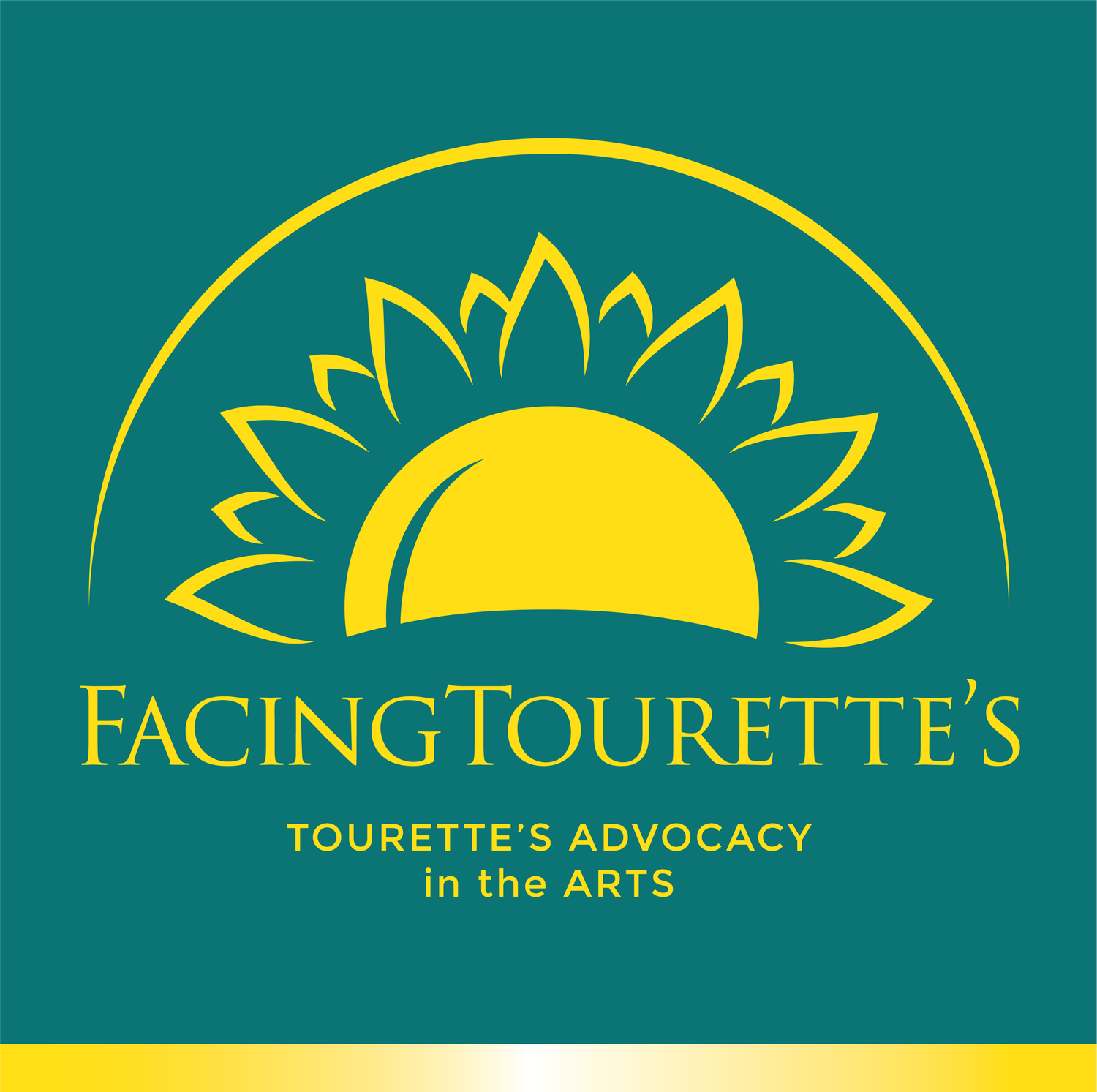Memorization Hacks for Reading Comprehension Difficulties — October 13th, 2025
Sometimes my reading comprehension difficulties and learning differences surprise the people in my life. Part of this is because I am an actor and people assume that I would need a high level of reading ability to memorize my lines. But as the article I posted to my social media earlier this week shows, many actors have very successful careers with reading comprehension difficulties. While people with reading comprehension can sometimes also have memory problems, I think the fact that I have struggled with reading my entire life makes me more reliant on my memory to do the things I need to do, so I have a lot of practice memorizing things. This memorization is essential in my career as an actor.
I am using the umbrella term “reading comprehension difficulties” because I do not have an official dyslexia diagnosis right now. It is thousands of dollars to schedule the testing to get diagnosed and the waitlist in my state is long. I do, however, have a lot of the symptoms of dyslexia and I really struggle to comprehend what I read, so I am pretty certain I have a learning difference in this regard, although I am still learning which that might be.
There’s a really good article on dyslexia study tips from The Yale Center for Dyslexia and Creativity, and many of these tips are strategies I arrived at on my own after decades of figuring out how to memorize lines with a learning difference. I am going to comment here on a few of those tips and how I use them in my own line memorization process.
Tip #1: Use Time Wisely
I begin the process of memorizing my lines well before rehearsals even begin, because I know I need all the time I can get. I block out time in my calendar away from work responsibilities, family time and other commitments to give myself as much good study time as possible. I also don’t necessarily study the script in order; I actually study it in terms of what scenes are being rehearsed when. With a lot of productions, we do go in order, but still, my study sessions are organized around when scenes are being reviewed and blocked and not when they happen in the script. Aside from memorizing with the rehearsal schedule in mind, I also tend to memorize monologues earlier on in the process, since they tend to be a lot of work. Beginning with the hard part first makes me more confident in the process overall.
Tip #2: Use Flashcards
The Yale article also suggests using flashcards to study so that you are looking at key information broken up into a few words or sentences at a time. This helps keep you from getting lost looking at an entire page of text. I do this when memorizing lines by putting small chunks of dialogue on flash cards that I can review much more easily than an entire page of a script.
Tip #3: Record Yourself Reading Out Loud
I record lines to listen to while I multitask. This was especially effective when I’ve done roles that have required an accent, like when I played Fraulein Schneider in Cabaret in October 2024 with Platte Valley Players. I definitely process spoken word much more easily than written word, so listening to lines is a much more accessible way for me to memorize information. This technique also helps when I am in a musical, because listening to recordings of the lyrics is a much easier way to memorize than reading the lyrics, due to my neurodiversity.
Tip #4: Write It Out
This isn’t a tip on the Yale website, but for whatever reason, it’s what works for me. The act of writing out the words by hand helps me get the rhythm of what I’m saying down, which in turn helps me memorize the lines.
To read the original Yale article for more dyslexia study tips click here.
